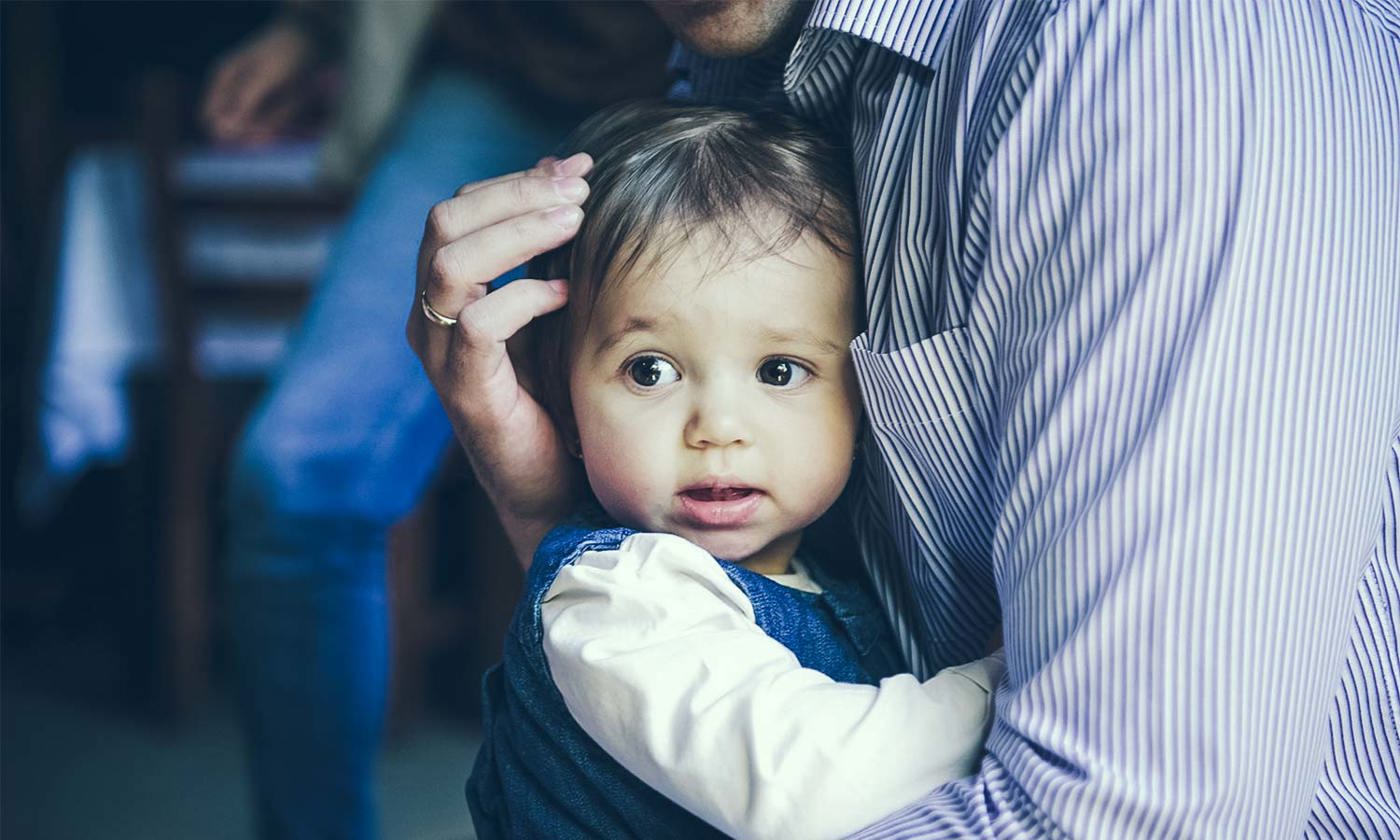Like what you see?
Sign up to receive more free parenting advice.
Thank you for subscribing to our newsletter!
Child Development

It's hard to know what's worse: Leaving your child and having to endure the hurt of them begging you to stay; or, leaving them looking so happy and content and then wondering if they even miss you when you're not around.
Separation anxiety usually starts to present around the age of six months when the child starts to develop a stronger bond with the primary care giver.
Separation anxiety then peaks around 10 to 18 months and fades after the child's second birthday.
Then, usually by the age of five, the child is accustomed to time apart.
"It's also at about that age the child's sense of optic permanence – that is that people or things still exist even when they are not within view – develops so children can understand that while mum or dad might not be there, they will be coming back," Dr Michael Nagel, University of the Sunshine Coast Associate Professor in child development and educational psychology says.
"That's why things like Peek-a-boo are so fascinating with young children."
It makes sense. And early learning educator Kirsty Brown agrees.
Brown cites playing peek-a-boo with young children as a useful tool in helping them develop the understanding that just because you cannot see someone, it doesn't mean they won't be back.
It's one of several tips she and Dr Nagel suggest for making separation less angst-ridden. And here are a few more:
1. Don't trick them.
This is not okay. It might make for an easy getaway for the parent but it can be a cruel and scary realisation for the child when they realise your gone. Instead, develop a transitioning routine with your educator, or the person with whom you are leaving your child.
2. Find a routine and stick to it.
From the moment you open your eyes in the morning, make a conscious and mindful effort to establish a good routine which factors in all of those important things which make for a great start to the day. Bath, dressing, doing hair, breakfast and packing lunch. And where you can pre-prepare, make the effort to. Iron clothes the night before, pack as much as you can in lunchboxes ahead of time. Have lunchbox staples packaged and either stowed in the cupboard or frozen and ready to just pop in. Leave home at the same time, and once you are at school or your early education centre – or even at grandma's – have a routine for saying goodbye.
3. Talk.
This is an important part of the routine. Talk to your child in calm and reassuring language and tone about where they are going for the day – and why. Younger children won't get the context at first, but let them understand why they need to learn and that mummy or daddy needs to work, study or care for someone else. The importance and practicalities of that are really important in settling nerves and easing the sense of "not fair". The latter goes for parents too. Anything to ease that guilt and help your child see this is all part of life, then that has to be a good thing.
4. Establish a routine and open lines of communication with your educator and carers.
This is critical. If you're all on the same page with how the transition from parent drop off to a day at school or in child care should go, then it's going to be easier and less stressful. There's that consistency and continuity again, too. Predictability and routine are vital to a child's feeling safe and secure and knowing there is a wonderful group of caring people around them, all telling them it's going to be okay, is a big deal.
5. Stay calm.
Easier said than done, no doubt about it. But if a parent can keep a lid on their emotions then the child will be reassured everything is going to be okay. Tears on the first day from mum are always a running joke – and it can be hard to turn that off when your little man or lady is trotting off into the big bad world without you. But a calm and happy disposition and not letting your own stress and angst show is a big step toward your child feeling much better about the situation.
6. Familiarise.
A child's first day of prep should not be the first day of school. Take the child along to orientation and familiarisation meetings, get to know the school environment. Take a walk through and meet the educators and carers at the early learning centre, stay and play a while with your child so they can understand it's a safe and fun place to be – and that you will be back.
As with everything in dealing with children, both experts are strong advocates for loving consistency, good communication and predictability.
"It's about making the unfamiliar familiar," Dr Nagel says.
"Anxiety – in any context – is a manifestation of something that is not predictable.
"By taking preventative measures, it all becomes simpler and there is a greater chance that things will remain calm."
"Routine is important, talking to your children is important, letting children understand that there is a big world out there and not just their little family is important," Brown adds.
"Families all have a different approach, and we will always work with that."



